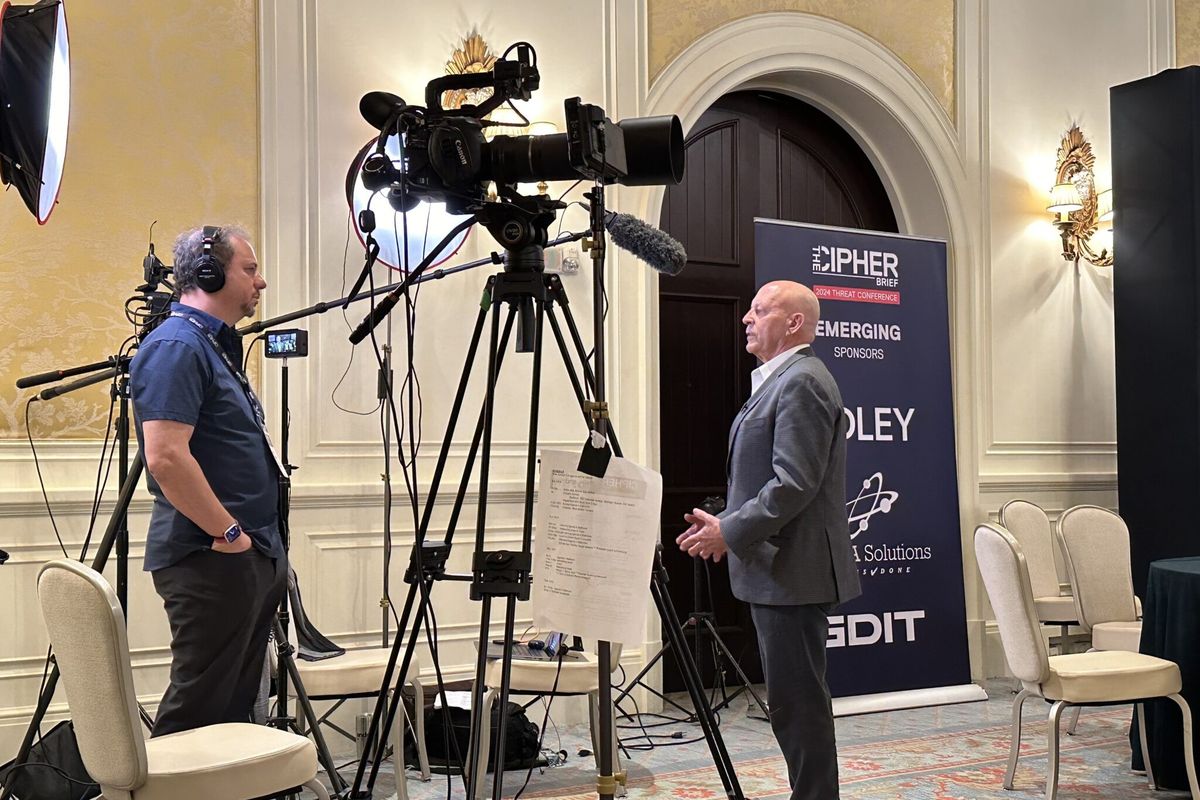Sue Gordon’s mission to help forge the future of The National Geospatial-Intelligence Agency (NGA) is no small task. Consider that she leads a team of some fourteen thousand cartographers, geographers and others as they deliver a comprehensive understanding of time and space to decision makers in the military and intelligence communities. The Bin Laden raid? NGA provided the SEALs with details of the raid site that allowed for a mock compound to be built and months of training that helped them prepare.
But the Bin Laden raid was more than four years ago, a lifetime when you’re leading an agency charged with understanding earth and beyond better than anyone else. In today’s world, the intelligence agency that most effectively harnesses innovation wins, so it probably makes sense that the Deputy Director’s career at the apex of science and intelligence spans three and a half decades. She started as a CIA analyst in the Office of Scientific and Weapons Research within the Directorate responsible for technical analysis of foreign space and missile systems. That was 35 years ago.
“You can imagine what we do today at NGA in combination with all of the other members of the Intelligence Community, whether those are the HUMINTers (Human intelligence gatherers) at the CIA or whether those are the SIGINTers (Signals intelligence gatherers) at NSA, the combination of all of these crafts are designed to develop the best picture of what’s going on so that we can help the nation know the truth, be able to see beyond the horizon, and be able to act before events dictate.”
Today, more than ever before, Gordon says, that mission requires partnering with the private sector to be able to stay ahead of new technology, a skill she cut her teeth on at the CIA back in 1999 when then-Director George Tenet realized that he needed more technological resources in order to get the kind of information CIA needed. What came out of that was In-Q-Tel, a venture-backed investment firm that helped to identify the best and brightest start up technology that could be developed quickly, ensuring the government a competitive edge in its collection capabilities.
Gordon helped lead the effort, saw the value, and realized that for a better public-private partnership, there needed to be less government control. It’s something she talks about a lot in her new role at NGA.
“Because of our history and heritage and the things we try to do, the challenges we face, we have some really interesting geospatial questions. If we share them with the private sector, it will inspire them to develop new capabilities. If we allow them to develop them without controlling them, they’re going to be interested in playing for us.”
Whether it’s understanding the long-term impact of Syrian refugee migration patterns to trying to predict where the Ebola virus could pop up next, NGA’s employees aren’t going to stop with understanding where we are today. They want to know where we’ll be tomorrow and guess what? They’re doing it in a world where most of the information they collect and use is open source, unclassified material.
“In my career, and certainly in my lifetime, we explored and developed space and we explored and developed it largely for government use and government purposes. It was really something that the U.S. had a tremendous monopoly in. You look at this world and that isn’t true. NGA’s motto is “Know the Earth, Show the Way, Understand the World,” and I think we have a unique opportunity to take a 3D look at what’s happening digitally, below the surface, on the surface and in space and we have the opportunity to put those three things together to give a really great view of what we’re seeing in each one of those planes and how they activate in time and space.”
Gordon points to mentors within the Intelligence Community who have helped shape her thinking, singling out Principal Deputy Director of National Intelligence Stephanie O’Sullivan as someone who played a leading role. While you’ve probably never heard of her if you operate outside the IC, O’Sullivan has developed a reputation for being a no-nonsense intelligence professional who’s not afraid to question everything and everyone. Gordon saw that as a tremendous advantage. “If you could get an idea past her, you could be assured that it was a great idea.” But the initial inspiration for Gordon was much closer to home. “My mom and dad taught us that we’re supposed to be the best that we can be all the time and that we’re supposed to change the world if we can.”
It’s hard to think about Gordon’s new role and not draw a parallel to the mission of the USS Enterprise, discovering new territory and figuring out how it all fits together. No surprise that Gordon grew up watching Star Trek, having no idea what her own role would be in the future, but if she were a member of the Enterprise?
“There’s no question. Captain Kirk.”
Editorial Note: In-Q-Tel’s founder and first CEO Gilman Louie is an investor in The Cipher Brief.













